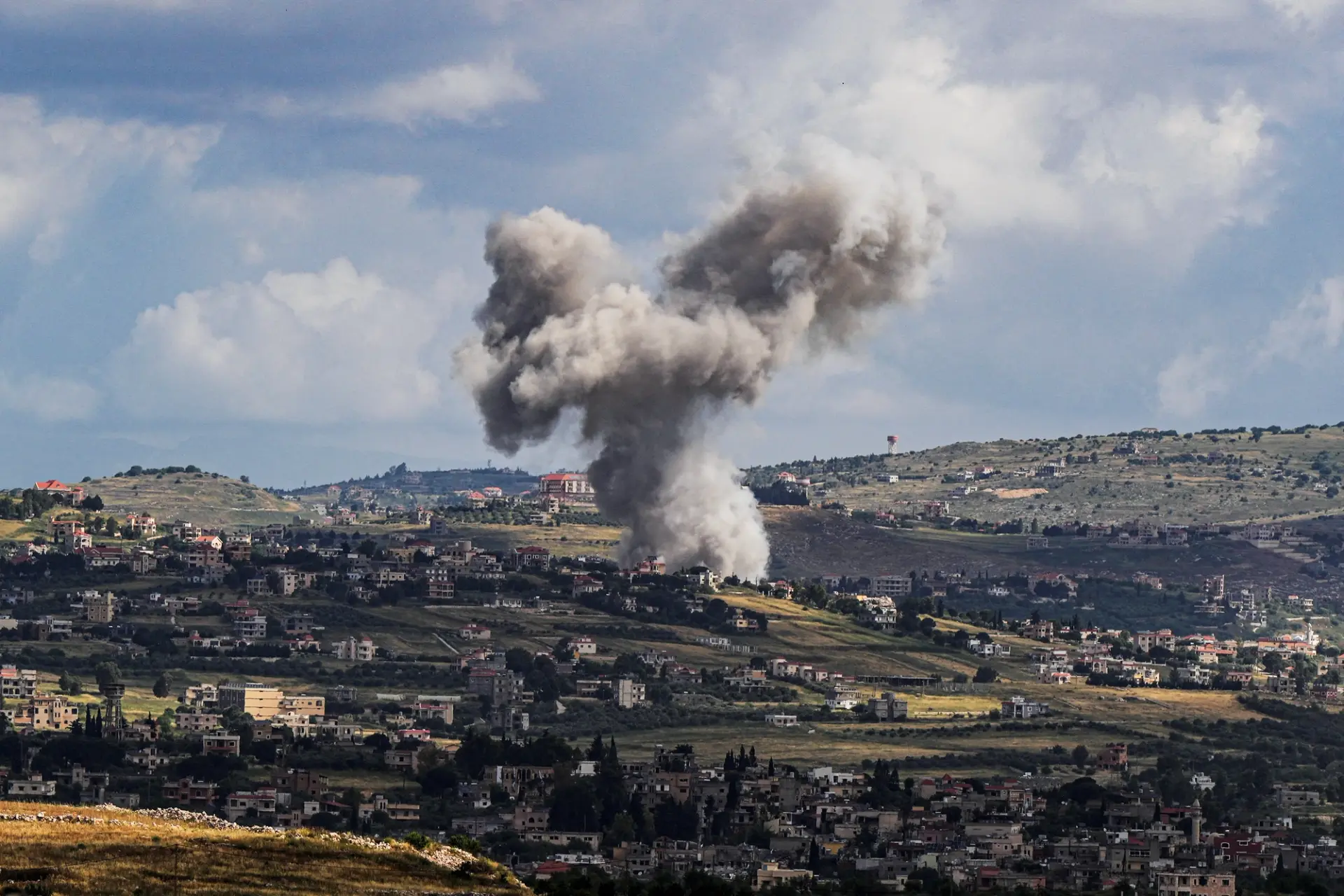Tensions between Israel and Hezbollah are escalating, raising concerns about a potential conflict along Israel’s northern border with Lebanon. The Biden administration has publicly sought to downplay these tensions, but recent events, including Israeli airstrikes in Beirut that reportedly killed a Hezbollah commander linked to historical attacks, have drawn significant attention.
National Security Adviser Jake Sullivan acknowledged the strikes but refrained from labeling them as an escalation of the ongoing skirmishes.
Sullivan attributed the renewed violence to Hezbollah, referencing comments from its leader, Hassan Nasrallah, who indicated that the group had intentionally engaged in conflict with Israel. He highlighted that the violence led to the displacement of Israeli citizens, which in turn triggered retaliatory strikes and further unrest in Lebanon. This cycle of aggression has contributed to the broader instability in the region.

Tensions Surge Between Israel and Hezbollah Amid Renewed Violence and U.S. Diplomatic Efforts
In light of the rising tensions, Sullivan expressed optimism about the possibility of achieving a cessation of hostilities and a sustainable resolution that would enhance security for both Israelis and Lebanese. He emphasized the U.S. commitment to facilitating dialogue and working toward a resolution, reflecting the administration’s intent to engage diplomatically despite the ongoing hostilities.
Privately, however, U.S. officials have acknowledged that the recent developments, particularly the increased rocket attacks by Hezbollah, pose significant challenges to Washington’s efforts to prevent an all-out war. The broader context of regional instability, especially following the Hamas attack on October 7, further complicates the situation and raises concerns about the potential for a larger conflict.
As tensions continue to mount, the administration faces increasing difficulties in pursuing de-escalation. National Security Council spokesperson John Kirby reiterated the importance of diplomatic efforts, expressing a desire to avoid a second war. The complexities of the situation, compounded by recent military actions, make it increasingly challenging for the U.S. to uphold peace in the region.











































